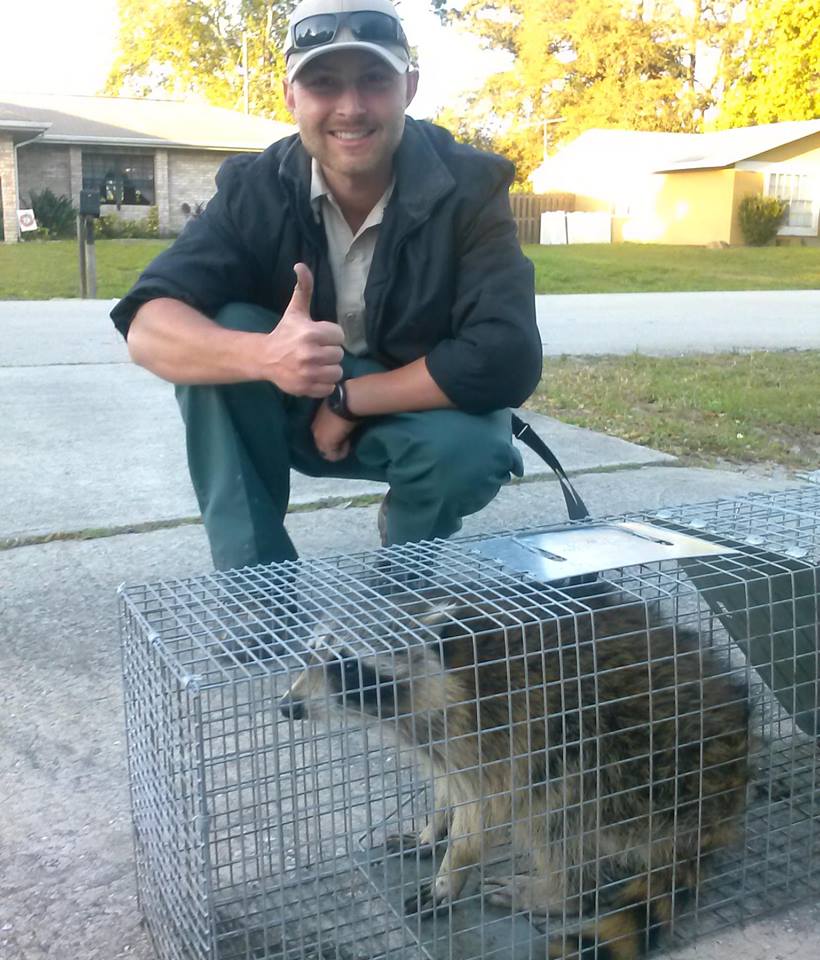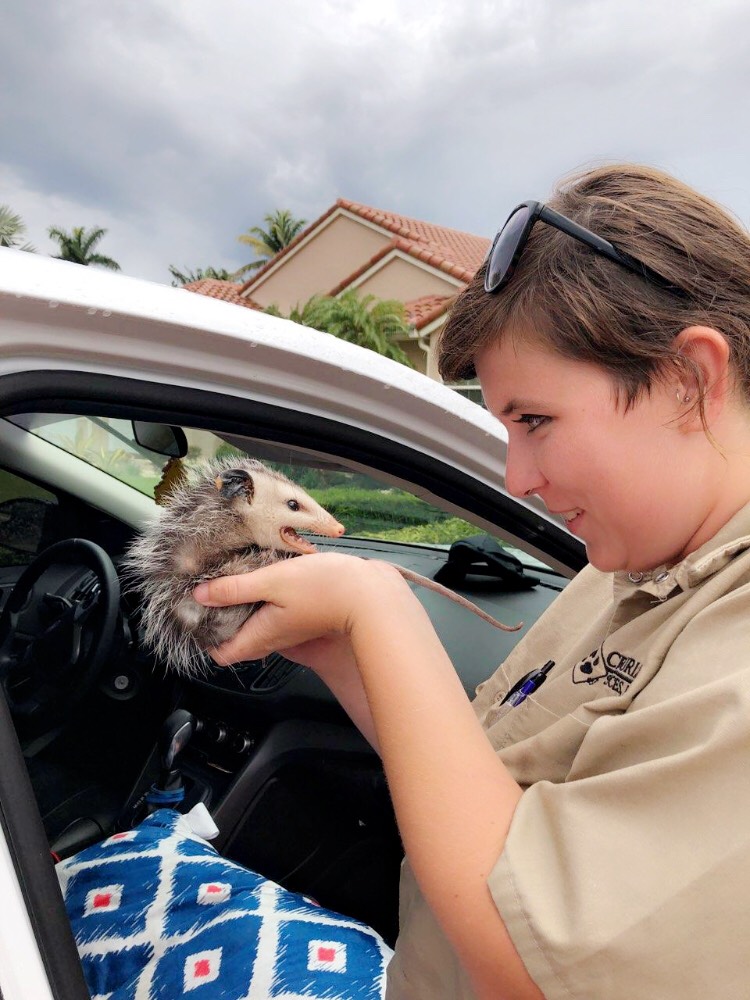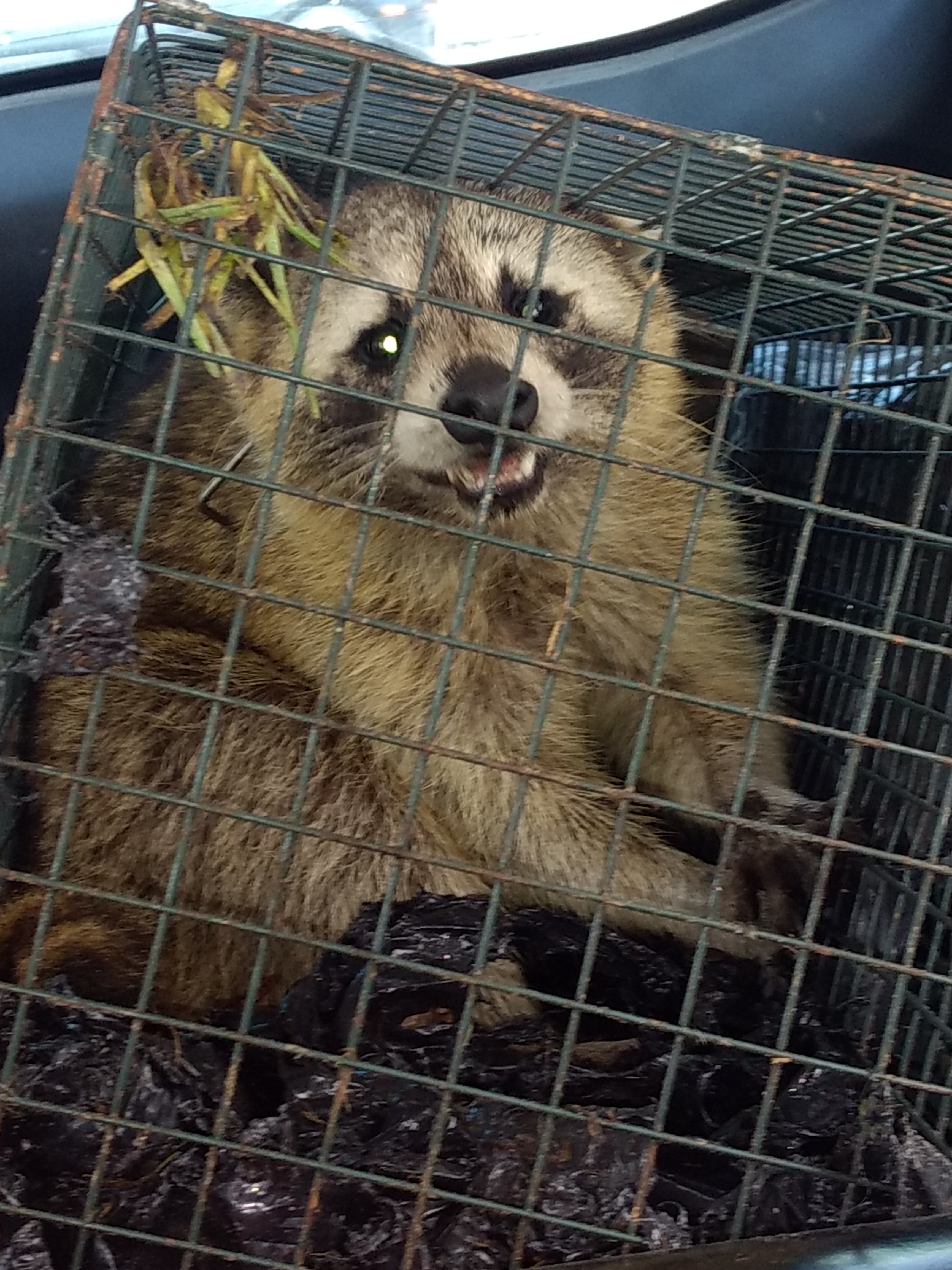
Five steps to remove skunks: 1) The best method, definitely, remains trapping and removal. Set big cage traps, baited with marshmallows or cat food, and grab the skunk. Relocate attentively to a new place. 2) To prevent skunks from living under a shed or porch, install exclusion barriers around the perimeter of the structure. 3) Habitat Modification and Removal of Food Resources - removing different areas to live, or some other food resources such as garbage, pet food, or dropped fruit can help get rid of skunks. 4) Repellents - they're sold, but they do not work. A motion-sensitive sprayer could be the only device that helps. 5) Lethal steps - we highly advise against poisoning, which is illegal and generally ineffective (and harmful to cats and dogs ). But deadly traps can do the trick if you understand how to use them. If you require skunk help, click on the directory of Professional Wildlife Removal Firms , and you will discover a skunk authority in your city or town.
Despite being mostly easy-going and unlikely to attack humans or pets, skunks have the very undesirable mixture of being smelly and being a main carrier of the rabies virus. Getting rid of skunks often takes a combination of knowledge and prevention strategies, with humane removal where the creature is currently living. Luckily, the prominent black and white coloration of the skunk's coat makes it readily identifiable so that potential victims can escape its rancid and plump secretion which it sprays as a defense mechanism.
Warning: Skunks are seldom active throughout the day and the sighting of one in the daytime might only be attributed to hunger, it might also indicate that the skunk is rabid! Be aware of signs such as circling motions, disorientation, limb weakness, unusual boldness or unusual tameness. If some one of these abnormal behaviors are detected, you shouldn’t try to eliminate the skunk on your own, but alert your community animal division, a wildlife specialist, or the police department for support.

Food is the primary attractant for wildlife on private properties. Keep pet food inside and close garbage cans if they have to be outside. If possible, keep your trash cans inside at night, so their odor does not attract skunks. Eliminate fruit that has dropped from the trees, especially the ones that produce berries, nuts, crabapples, or other fruits. Pick them when they ripen and rake your lawn as often as needed. Skunks do not usually create their own shelter but use dens which were left by other wildlife. Inspect your house and close all holes and burrows. Make sure to remove brush piles; utilize dirt, fencing, or plywood to seal all holes and entry points to places that a skunk may discover suitable for a house. While this will not guarantee eliminating skunks, it is the best approach for the way to keep skunks away.
When a skunk has infiltrated your house, live skunk trapping is among the very best ways to eliminate it but the challenge for most people is in not getting sprayed. Skunks are known to discharge their obnoxious spray whenever they feel threatened. Ideally, skunk traps come in the sizes of moderate to large steel cages. Use peanut butter, fish, or any other strong-smelling food for a bait in the trap. The cages are spring-loaded to close the door on the animal when it gets lured inside. Raccoon traps are amazing for grabbing skunk too. But, it's not hard to design a homemade trap on your own, with a 30 gallon metal garbage can and a long, sturdy bit of pole to serve as a ramp. Place some cat food, fish or other bait within the garbage can to lure the skunk and place the rod so the skunk can climb it from the ground and into the garbage can. Once inside, it won't be able to escape and it won't spray in this confinement. Once trapped, you have to take the skunk several miles away from the premises, preferably in a wooded area. Get informed and take all necessary precautions prior to releasing the now agitated skunk at this place. You also have to know about the local wildlife regulations in your area before you try to trap and relocate a skunk.
Many homeowners keep a great deal of inventory of repellent substances -- while wildlife specialists insist that habitat modification and relocation are the only effective means of getting clear of these animals, many repellent substances are available commercially for preventing skunks. It's normal to see predator urine-based compound alternatives in stores. The majority of them are based on fox and dog urine since they are important predators of the skunk. These products come in liquid or granule form and might require mixing with other components. Nevertheless, these predator urine-based products don't exactly have a fantastic history in repelling skunks. If you are able to source it, then straight dog urine has a slightly better chance. Other repellents contain pepper spray, ammonia, bright lights, motion-detector sprays, and orange peels. The best way to get rid of skunks stays removal and trapping.

Shooting, poisoning, and deadly traps are a few of the ways that people kill skunks. This is the approach few people today take when tasked with how to get rid of skunks. The significant challenge with euthanizing, is the way to avoid being sprayed. Skunks almost always spray when they're killed. However, it's actually not necessary to kill skunks, also it's usually not advisable because of the stink that will follow. The ideal method still remains to live trap the skunk and move it somewhere else. Should you take the necessary precautions, you'll never get sprayed while doing so. Also read: Can Skunks Attack Pets? What should I do with a skunk once I grab it? To find out more on the best way best to get rid of skunks, visit my skunk removal information page.
What are some ways to eliminate a skunk in the lawn? There are lots of ways to eliminate a skunk in your lawn, and the two significant considerations that you will need to handle while carrying out the action is the way to avoid being sprayed and how to get it done in a humane way. Not getting sprayed could be a problem because skunks almost always spray when they're killed. However, it's fairly possible to accomplish this feat without getting sprayed in return. When you've got a skunk constituting nuisance in your lawn, the most effective ways to kill it's either to shoot it to live-trap it and then euthanize.